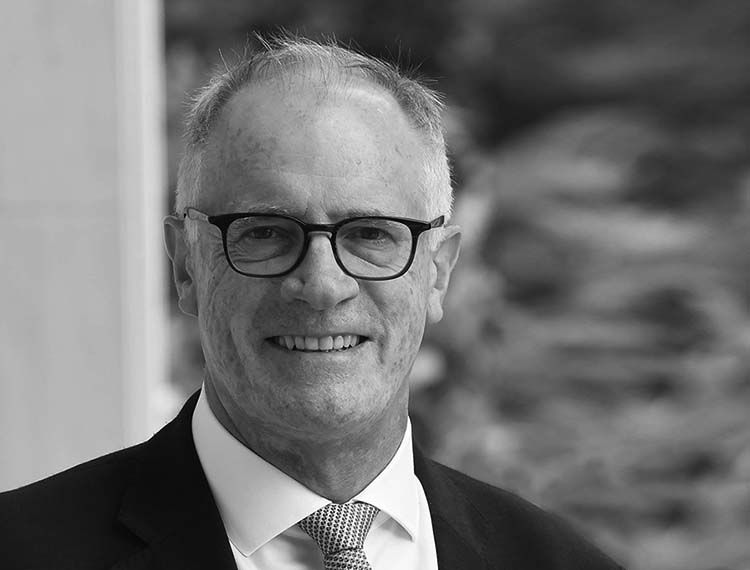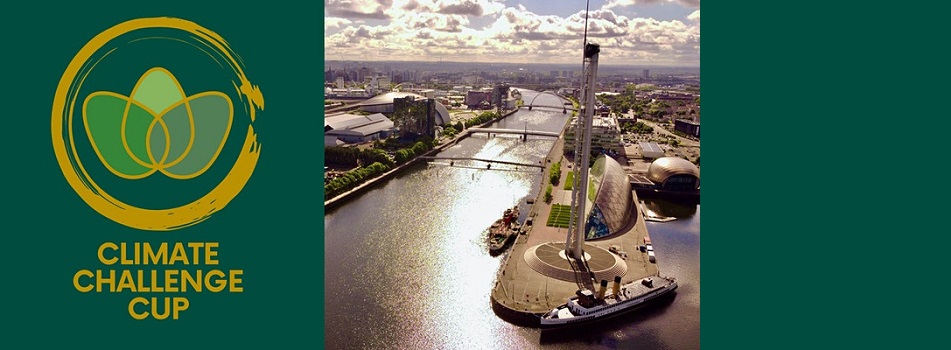We need a new generation of climate-literate university leaders across the globe

As global leaders convene at #COP26, Alex Halliday, Founding Dean of the @Columbia University Climate School, says universities have a role to play in tackling the climate crisis, expanding beyond research and education to direct action and build partnerships:
The climate crisis has taken opposite coasts of the USA to extremes.
While in the west, the worst drought for hundreds of years is stressing the agricultural system and created ideal conditions for wildfires, the eastern states have repeatedly broken records for rainfall and flooding.
These events are nothing compared with the future impacts anticipated for other parts of the world such as the tropics.
Our planet is experiencing climate extremes at just 1°C above pre-industrial temperatures.
The latest report from the Intergovernmental Panel on Climate Change (IPCC) predicts that, if we are unable to curb carbon emissions alongside growth in the world economy, temperatures could increase another 3°C by 2081-2100 with devastating consequences. We have not had to deal with such extreme temperatures for over 100,000 years.
The concern is not just about the heat effects and other direct physical impacts – but with societal collapse.
Universities leading change
In the face of this, we need ideas and solutions to reduce emissions and adapt. Universities have the requisite research knowledge and independent, brilliant thinking, as well as the societal trust to provide impartial and careful advice on the transitions needed for our energy, manufacturing, transportation and agricultural sectors.
However, their roles must expand beyond the traditional realms of research and education to include directed impact, actions and partnerships. Universities must put themselves at the forefront, implementing rapid change in close collaboration with the communities most affected. There is a need, across academia, to more effectively turn research and education into actionable societal benefit.
This is why the Columbia Climate School was created; to partner with groups and institutions outside of academia, linking scholarly research with local knowledge, skills and changemaking capacity to help bring about widespread improvements for humanity. With deep transdisciplinary partnership, we’re bringing in stakeholders and embedding this ethos into all decision-making. It sounds lofty, and it should be. This model allows universities to prioritise real change, now.
An equitable and just transition
We are seeing many institutions adopt similar approaches, and all must be scaled up quickly. We need a new generation of climate-literate leaders across all sectors and across the globe.
As an example, the Global Alliance of Universities on Climate (GAUC) is advancing climate solutions to promote rapid implementation - mobilising climate knowledge, and bringing together disciplines, departments and institutes to approach climate-related problems with a truly inter- and trans-disciplinary lens.
Managed retreat, for example, is a strikingly complex adaptation problem that involves relocating people and communities who are at risk from flooding and wildfires. This will become increasingly necessary over the coming years and decades, and it requires cutting edge research, government action and policy, and community mobilisation. It also requires careful attention to issues of ethics, equity and justice.
We know the task at hand is enormous but the alternative is to let down the people of this world and, in particular, future generations. As we tackle this existential threat, universities around the world have both an opportunity and an obligation to marshal their significant strengths and mobilise swiftly to tackle unprecedented challenge.
Alex Halliday is Founding Dean of the Columbia University Climate School and Director of The Earth Institute.
Alex is one of the judges of the Climate Challenge Cup competition, which is delivered by The Young Foundation.
Join online for free to watch the innovation showcase and awards ceremony tonight (10 November) from 6pm GMT.












Responses